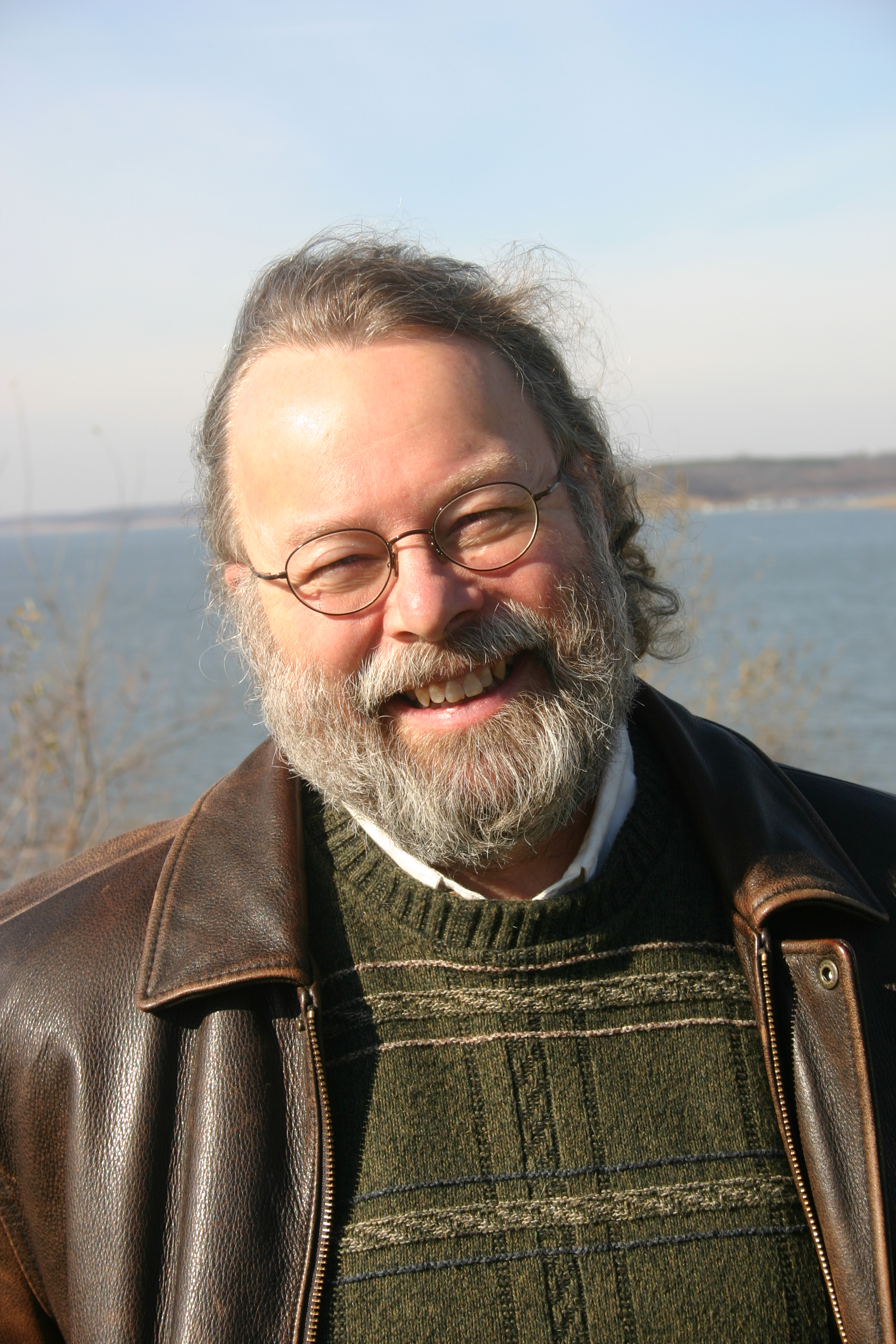Poem with Blue Center
Today turning compost
I found a nest of mice.
Little chirps and squeals
of one then two then five.
I hunted them down
with my blue pitchfork.
I was a little crazy.
I don’t know why.
They were gray and
a little blue, a little brown.
Tonight I line up the pine
on a star west of north.
It sparks, then disappears
behind clouds, sails free
again above the house.
It’s so far away I can’t
hurt it. Daisies with
their mindless beauty
are waiting for what
I will do to them.
There Instead
Squirrel in the walnut. Racket.
Autumn. Then the thump of nuts
in the grass. A glitter of leaves falling.
One white moth skitters tree to tree;
Chickadees—they’ll stay all winter—
drop their two notes into the weeds.
What loyalty keeps them here
I don’t know. Where nothing lasts
why do we stay with nothing?
This is where there ought to be some
sunlight, a chance, a sigh, an all-clear,
but look over there instead. Finches
nattering will stay the winter, too.
Crows, jays, the woman in the ball cap,
the noisy Labrador, all stay. Grass stays.
The war with its low-grade fever stays—
the thumping of its guns so far away
they might as well be something else.
In the woods insects are rattling, writing
letters home from the war we’re losing.
There’s no inoculation; no holding it
in the jail of our blood. After this
there’ll be something else; then, after that,
what’s after. Hope? Look over there instead.
Originally published in Fifth Wednesday 6 (Spring 2010):141.
Drift
In the news today, the "drift of families from the countryside to the cities."
Like leaves against the house.
The photo of two kids breaking rocks with a homemade hammer
as if for their own good.
Meaning at gun point.
Meaning the drift of meaning, how we found ourselves in the war.
How the oldest sense of drift is to be driven.
How flags wander, how electricity wavers in the amplifier.
Meaning my friend Omar, who used to say what mattered about a writer
was how he held his mouth.
By which he meant style.
By which he meant who knew what the truth was.
Two kids sitting on a pile of rocks, cracking them like walnuts.
Piling up until.
Somewhere on the Indian subcontinent and then.
Meaning for their own good.
The clench of the girl's mouth, the boy's opening in the direction of a wail.
The drift of rock dust, how the kids make gravel by hand to spread on the roads
so their families can drift over them to the city.
Which is the tendency of small things.
Which is what we were driving at.
How the President has said, "We have made mistakes."
As if style were an act of will, which it is.
What is driven, how we are driven, the road we are driven along.
And they found Omar in his car, dead from an overdose.
Will, then willy-nilly.
Mission accomplished, etc.
Like leaves blown against the house.
Here's how Omar starts a story: "Suddenly they were born."
Here's how Omar starts a another story: "When Raul Cascara died no one believed it."
Outside the begonias are little red cuts in the garden.
And yarrow, the war herb, has broken into the sage.
The tendency of cattle, all day, toward the barn.
The news today: Mothers in Iraq, etc.
Two Marines rape an Iraqi girl etc.
Omar would have loved the war, the president's mouth.
How they set her on fire with lighter fluid, etc.
How the president said today to the troops:
"I was injured myself once in combat with a cedar. I eventually won." etc.
Who knew so many small things could be beaten
into even smaller things?
Here's how Omar ends a story: "And what was left was the blue ash of the moon."
Here's how Omar ends another story: "Okay."
From: Then, a Thousand Crows. Anhinga Press, 2009
